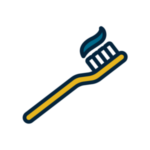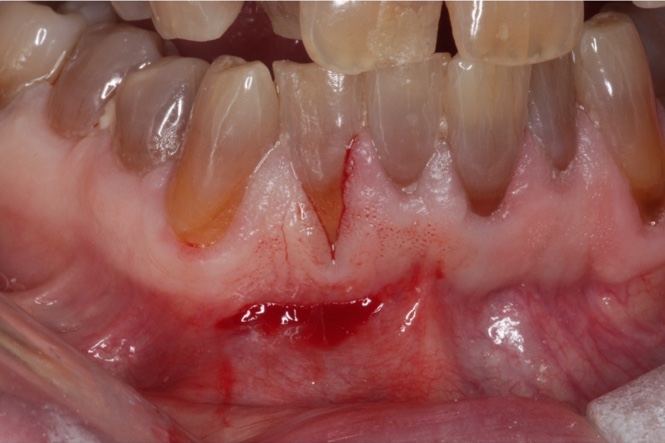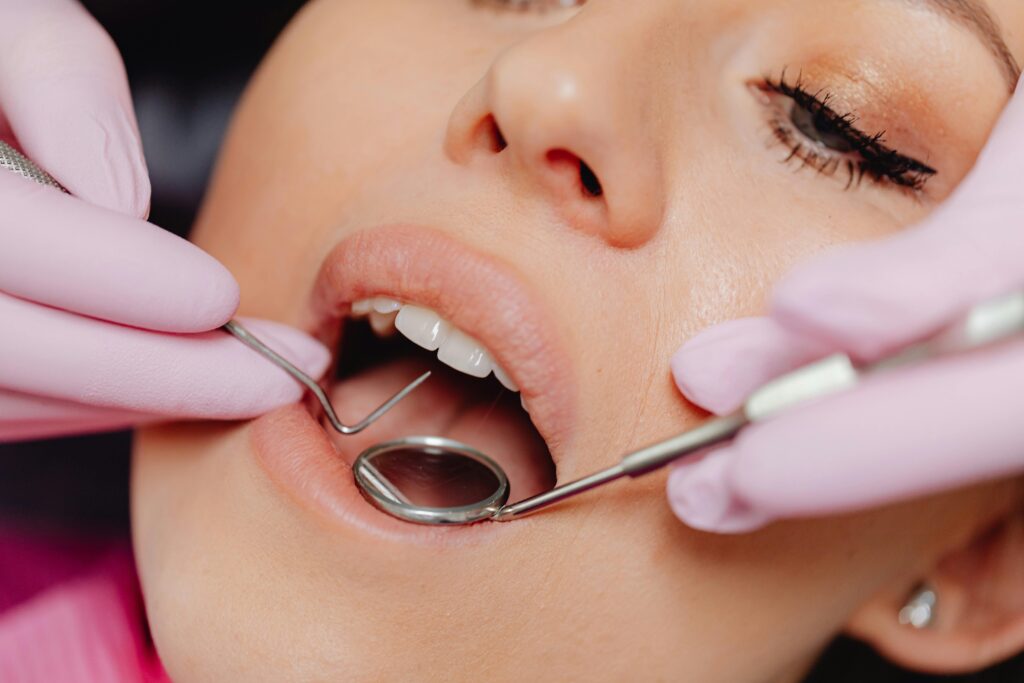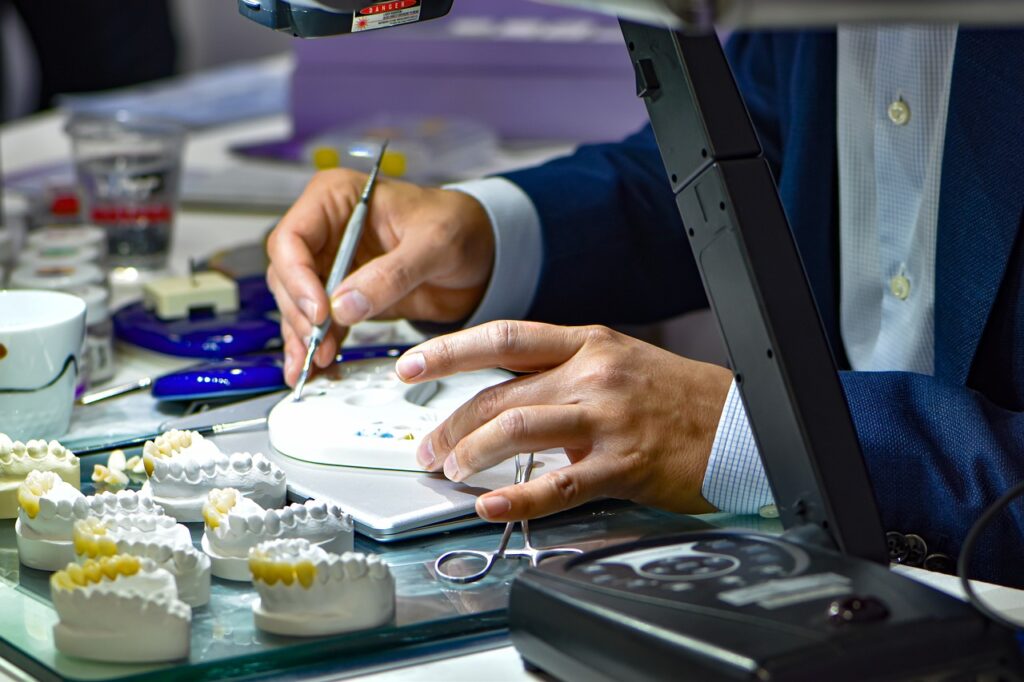For many people, oral surgery is an outpatient procedure that occurs in their dentist’s office. Depending on the type of pain relief used for your oral surgery, you may even be able to drive yourself home following your procedure. But just because oral surgery doesn’t require an overnight stay, doesn’t mean that you can skimp on your recovery period. It is crucial that you follow your oral surgeon’s post-surgery instructions to a “T” to promote proper healing and prevent any complications. Below is a list we have put together of Do’s and Don’ts for patients to follow when recovering from oral surgery.
What You Should Do When Recovering From Oral Surgery
Follow Your Post-Oral Surgery Instructions
Follow all of your oral surgeon’s instructions. Your oral surgeon knows how you can best recover from your oral surgery.
 Rest After Your Oral Surgery
Rest After Your Oral Surgery
Rest the day of your oral surgery. After all, your body needs to recover! If you’d like to lie down, keep your head propped with pillows to promote proper blood flow to your head and to reduce swelling of your mouth and face. Propping your head will also reduce excessive bleeding post-oral surgery.
Apply Ice to Your Face
Ice your face throughout the day to reduce swelling. Most oral surgeons recommend that you alternate icing for 15 minutes on and 15 minutes off.
 Take Your Meds As Instructed
Take Your Meds As Instructed
Take your pain medication as soon as instructed, even if you don’t yet feel pain. It’s simpler to prevent pain than it is to treat it once it is occurring. Also, make sure you don’t skip a dose, even if that means you have to wake up in the middle of the night to take your pain medication.
Eat Soft Foods
You can eat soft foods after you have stopped bleeding from your oral surgery. Ensure you only consume liquids or soft foods for the first day or two after your oral surgery. Examples of soft foods include soups, yogurts, and mashed potatoes.

Maintain a Clean Mouth
Make sure you keep your mouth clean. While your oral surgeon will likely instruct you not to rinse your mouth for the first 24 hours following your oral surgery, he or she will likely tell you to do so on day two. Typically, you will be instructed to rinse your mouth about four times a day with warm salt water, especially after eating, to remove any food debris from your mouth.
Get Your Vitamins
Eat healthy foods rich in vitamins A and C, or take supplements. These vitamins promote healing and help you recover faster from oral surgery.
What Not To Do After Oral Surgery
Don’t Do Your Own Thing
Don’t do anything your oral surgeon instructed you not to do. Remember, you must follow his or her instructions to a “T.”

Don’t Exert Yourself
Don’t push yourself to the limits. Now is not the time to be going to the gym or for a run. Rest and recover, and don’t do any heavy lifting or strenuous exercise for the first few days after your oral surgery.
Don’t Choose Hot Foods or Drinks
Don’t consume any hot food or drinks until after you are no longer numb so that you don’t inadvertently burn your mouth. You do not need to compound your pain while recovering from oral surgery with a burnt tongue or roof of your mouth.
 Don’t Eat Hard or Crunchy Foods
Don’t Eat Hard or Crunchy Foods
Avoid chewing hard, crunchy food like popcorn and carrots in the area where your oral surgery occurred for the first 6 to 8 weeks following your oral surgery procedure.
Don’t Brush or Floss
Avoid brushing and flossing in the surgical area until your doctor clears you. And when you resume brushing and flossing, make sure to do so with extra, gentle care.
 Don’t Smoke for 24 Hours
Don’t Smoke for 24 Hours
Avoid smoking for as long as possible, at least for the entire day after your oral surgery. Or better yet, quit smoking altogether to improve your overall health. If you need help with smoking cessation, ask your oral surgeon for help.
Don’t Drink Alcohol for 24 Hours
Avoid alcohol for the first 24 hours after your oral surgery, as it can interfere with the healing process. And make sure that you do not drink any alcohol while you are on any pain or antibiotic medication that it may interfere with.
Schedule Your Oral Surgery With Dr. Chang in Belmont Today
If you’re a Belmont resident and you think you need oral surgery, why wait? Call the Belmont offices of the Dental Restorative Group today for a full examination and consultation at (617) 489-1470.





